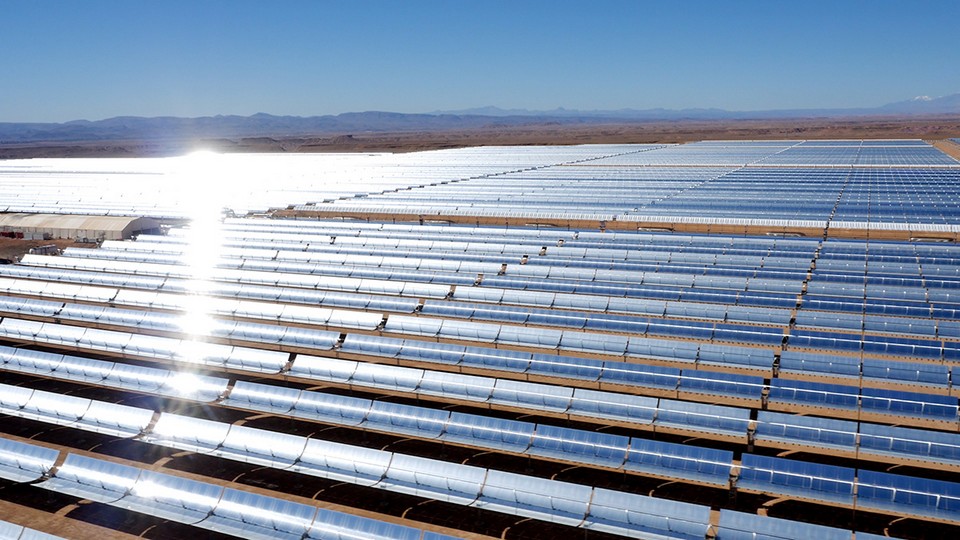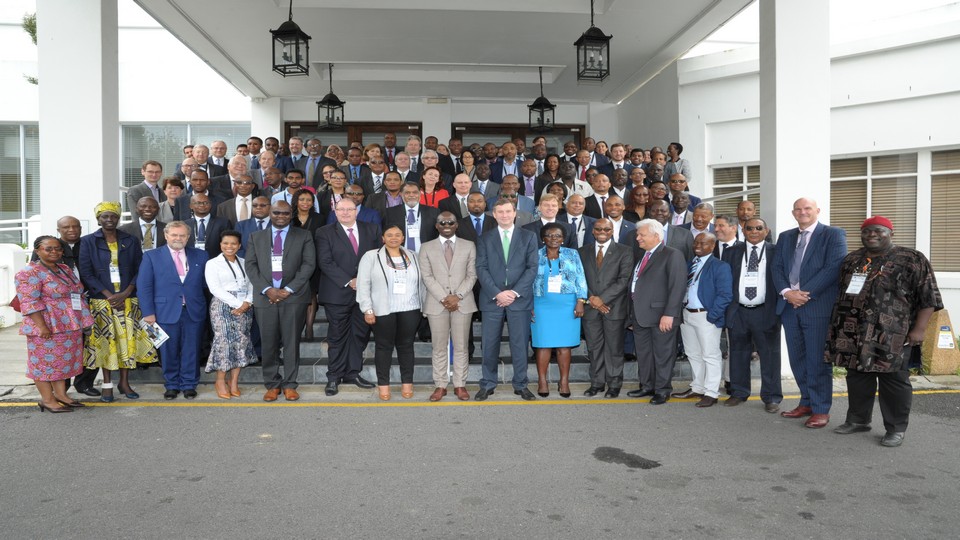224 results found
Featured results

More results
Welcome to the first edition in a series of updates that the GI Hub will provide in advance of each G20 Infrastructure Working Group (IWG) meeting. As committed to in the GI Hub’s Strategic Plan 2019-22, and in response to requests made by members of the IWG, these updates will provide both a description of activities undertaken since the last IWG meeting and a preview of upcoming initiatives. For each of the GI Hub products discussed in the update, we will identify the relationship between the product and the workstreams in the IWG Terms of Reference. We hope that you will find these updates informative and, of course, we welcome any questions or feedback.
For the second year the conference gathered Brazilians and foreign professionals from the infrastructure public and private sector. The conference focused on the role of privatisation of infrastructure assets, PPPs and Concessions for the next wave of Brazilian infrastructure projects as part of the 20 year infrastructure program 2018 to 2038.
The World Economic Forum, the Global Infrastructure Hub (GI Hub) and Meridiam on Wednesday launched a new partnership to help governments across Africa build infrastructure procurement capabilities within their civil services.
In Buenos Aires on 23 March, the G20 Finance Ministers announced that infrastructure would remain a priority for at least the next three years—a very welcome announcement for those in the private sector who have long called for greater global coordination of efforts in this area.
Noor Ouarzazate I, a 160 MW Concentrated Solar Power (CSP) plant, is a path-breaking large- scale CSP project, one of the first to be delivered in the Middle East and North Africa (MENA) region, taking advantage of the region s abundant solar resources.
An industry event about the need to attract private capital and develop infrastructure as a standalone asset class is nothing new. However, the G20 Infrastructure Financing Seminar that took place in London last week was unique in that it had the most wide-ranging and intense interactions between governments and the private sector that I have seen to-date.
Over the past few decades, there has been substantial change in living standards globally. Keeping pace with profound economic and demographic changes will require a significant increase in infrastructure investment.
While 2017 was an eventful year for the Global Infrastructure Hub (GI Hub), 2018 is shaping up to be even busier.
A major factor hindering infrastructure implementation and delivery is the absence of good governance, according to the 130 delegates from 27 countries who came together for the first Regional Roundtable on Infrastructure Governance in Cape Town in November.
The European Investment Project Portal (EIPP) and the Global Infrastructure Hub (GI Hub) announce their cooperation to exchange projects for publication on their websites.
The Global Infrastructure Hub recently launched its Project Pipeline, a dynamic online platform containing details on government infrastructure projects across the globe. The Pipeline was created by the GI Hub in response to market demand for an early stage global pipeline of projects.
The GI Hub today signed a memorandum of understanding with the Hong Kong Trade Development Council (HKTDC) to facilitate an information sharing agreement between the two organisations.












 Download the event summary
Download the event summary











